
AllQuestion and Answers: Page 513
Question Number 168937 Answers: 1 Comments: 0
Question Number 168968 Answers: 0 Comments: 0
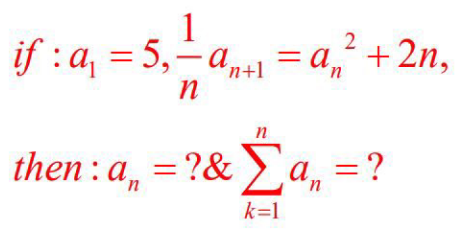
Question Number 168966 Answers: 2 Comments: 0
Question Number 168964 Answers: 2 Comments: 0
Question Number 168926 Answers: 2 Comments: 2
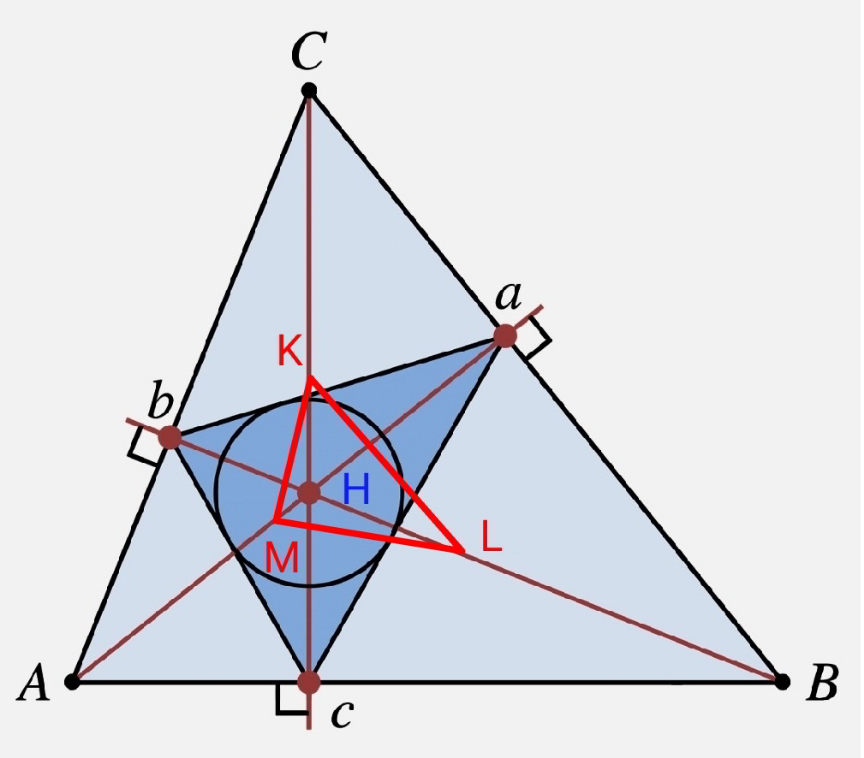
Question Number 168921 Answers: 1 Comments: 0
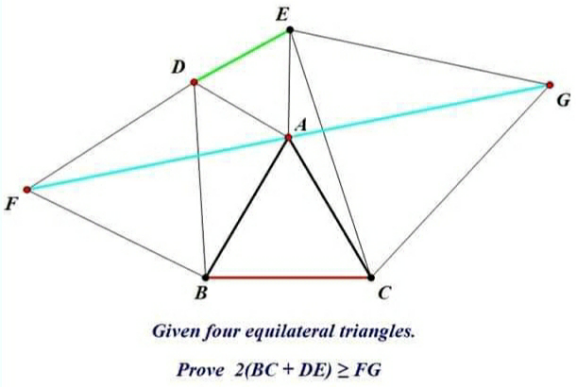
Question Number 168911 Answers: 1 Comments: 1

Question Number 168910 Answers: 0 Comments: 3
Question Number 168909 Answers: 0 Comments: 1
Question Number 168906 Answers: 1 Comments: 0
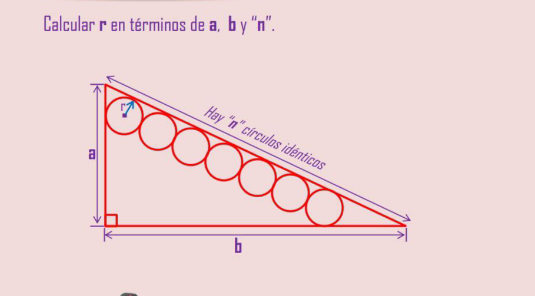
Question Number 168905 Answers: 1 Comments: 0

Question Number 168898 Answers: 1 Comments: 0

Question Number 168894 Answers: 1 Comments: 1
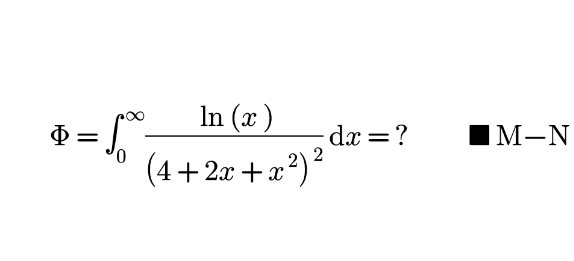
Question Number 168885 Answers: 0 Comments: 11
Question Number 168881 Answers: 1 Comments: 0
Question Number 168878 Answers: 1 Comments: 3
Question Number 168874 Answers: 0 Comments: 0

Question Number 168873 Answers: 0 Comments: 0
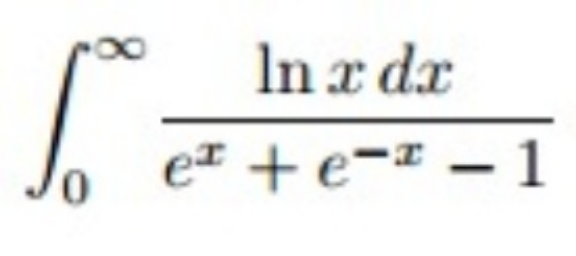
Question Number 168872 Answers: 0 Comments: 2
Question Number 168860 Answers: 0 Comments: 0

Question Number 168859 Answers: 1 Comments: 0
Question Number 168858 Answers: 1 Comments: 0
Question Number 168857 Answers: 3 Comments: 0

Question Number 168856 Answers: 1 Comments: 0
$$\mathrm{Re}\left(\mathrm{2}+\mathrm{e}^{\mathrm{i}\alpha\mathrm{t}} \right)? \\ $$
Question Number 168855 Answers: 0 Comments: 0

Question Number 168852 Answers: 0 Comments: 3

Pg 508 Pg 509 Pg 510 Pg 511 Pg 512 Pg 513 Pg 514 Pg 515 Pg 516 Pg 517
